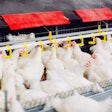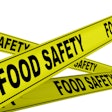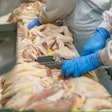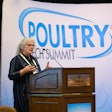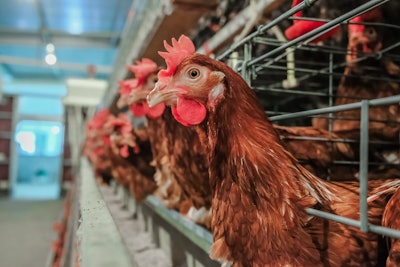
A survey concerning rodent control practices will further a collaborative research project being conducted by the University of Tokyo, the National Agriculture and Food Research Organization, Japan Pest Control Association, Fordham University and Cornell University.
Participation in the survey could help researchers to identify risk factors that contribute to rodent issues in the various livestock industries and determine best management practices to deal with these pests. Additionally, the study hopes to identify differences in rodent management between the U.S. and Japan.
The five-minute survey is targeted at poultry, swine and cattle producers worldwide and will only be used for research purposes. Answers submitted are anonymous.
Questions or concerns about the survey should be forwarded to Yasushi Kiyokawa, The University of Tokyo, Japan Associate Professor, Laboratory of Veterinary Ethology, at [email protected], or Michael Parsons, Fordham University Visiting Research Scholar, at [email protected].
Rodents can cause major problems
When rodents enter a poultry house, a major biosecurity risk is introduced in terms of bird health and food safety. Rodents have the ability to contaminate feed, spread diseases such as Salmonella, affect product quality and even cause a product recall. As well as being biosecurity risks, rodents can have a significant impact on the economics of livestock farming due to their gnawing and nesting behaviors, which can damage structures and inflict extra poultry feed costs to producers.
Additionally, rodent control experts often note the importance of a management team’s role in setting proper expectations and building a dedicated pest control team to ensure the success of the program.
Robert Rowland, an independent pest control consultant, previously stated “The key to the success of a rodent control program is for a company to form a small team of dedicated experts. There is much to learn about rodent behavior, as well as how to recognize and interpret their activities. Only then can an effective treatment program be implemented for a specific farm.”














